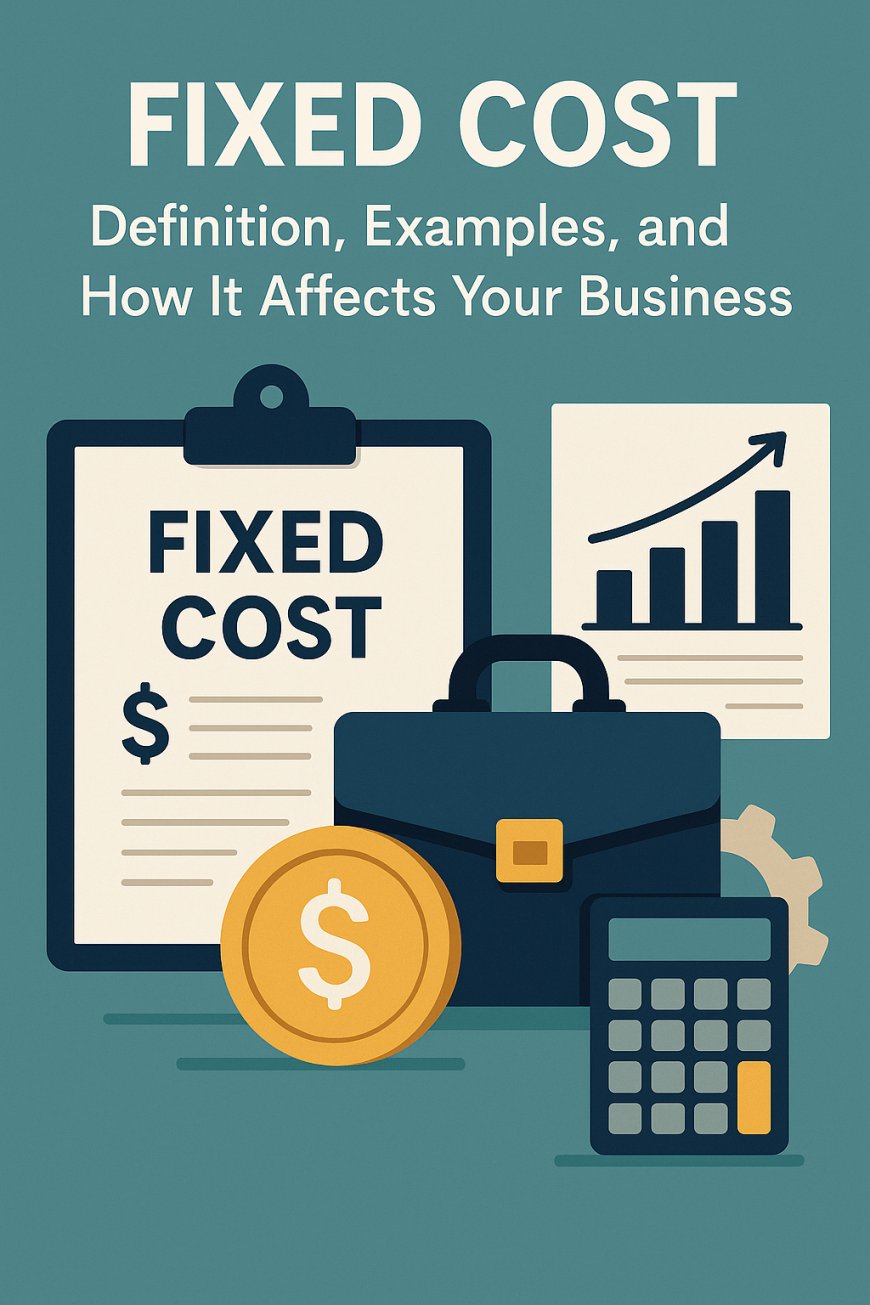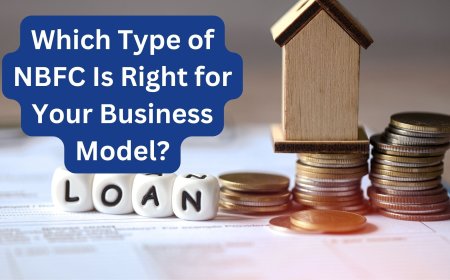Fixed Cost: Definition, Examples, and How It Affects Your Business
Discover what fixed costs are, see real-life examples, and learn how they impact your business finances and profitability in this comprehensive guide.

An understanding of the many types of business costs is indispensable for proper financial planning and decision-making. Among these, fixed cost assume considerable importance in the articulation of a company’s total cost and profit structure.
If you are starting a business or are an established entrepreneur, knowledge of fixed costs and their impact on your operations can help you better manage your budget, price your products accordingly, and eventually improve profits. Here are some definitions of fixed costs, some examples thereof, and how their existence impacts the performance of your business.
Understanding Fixed Costs
Fixed Costs are the expenses sustained by an organisation, the magnitude of which does not depend on its level of production or sales.
Fixed costs, typically incurred at monthly, quarterly, or yearly intervals, must be paid irrespective of the level of company performance. This renders them predictable, yet inescapable, particularly for the short run.
Understanding the Fixed Cost Formula
The fixed cost formula helps determine the total amount of fixed costs in a business. Here's the basic formula:
Fixed Cost=Total Cost−(Variable Cost per Unit×Number of Units)
Understanding the fixed expense formula makes it easy for people to learn about fixed costs with ease. It is easy for people to comprehend the mathematical equation rather than the theory.
What are the different types of Fixed Costs?
Along with learning what is a fixed expense, you should also know what are the different things that can be included in the same.
-
Rent or Lease Payments: It is the space that incurs regular fixed costs in terms of renting.
-
Fixed salaries: Employees with a fixed salary classification, rather than hourly or commission-based, are a constant cost.
-
Insurance Premium: The premium for business insurance, as well as liability coverage and property insurance, is all paid on a regular, routine basis and not linked to sales activity.
-
Loan Payments: Typically, repayments on business loans are regular fixed amounts due on very specific intervals.
-
Utility Costs: Basic charges for power, water, and internet may often be fixed, though any excess of use will vary.
How do Fixed Costs affect businesses?
-
Profitability and Breakeven Analysis
Fixed costs are paramount in computing your breakeven point as the junction of total revenues and total expenses. The higher your fixed costs, the more sales you need to cover them before earning any profit.
-
Pricing Strategy
Commonly, companies will consider fixed costs when establishing selling prices for goods and services. With a larger sales basis, fixed costs will be shared per unit; hence, prices can sometimes be competitive.
-
Budgeting and Forecasting
Given that fixed costs can often be predicted with a fair degree of certainty, it helps the management to arrive at an accurate budget estimate and prepare trustworthy financial forecasts. They enable an owner to project over the long term and maximise resource allocation.
Conclusion
Fixed costs are the fixed part of every business when it comes to the financials. They create predictability in planning; however, at the same time, managing these costs requires careful management, especially during downturns in the economy or bad sales periods.
It also adds value by understanding what your fixed costs are and how they affect profitability; smart pricing, budgeting, and scaling decisions can be made. At the end of the day, the difference between a struggling business and a thriving one could lie in fixed cost management and optimisation.
Visit us: accountinglads.com















































































